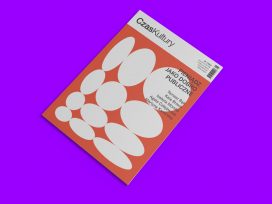
Understanding money
Czas Kultury 1/21
‘Czas Kultury’ assesses the concepts behind economics, including reflections on Modern Monetary Theory via Hegel and Marx, the physical world as living currency and Polish depictions of economic failure.

‘Czas Kultury’ assesses the concepts behind economics, including reflections on Modern Monetary Theory via Hegel and Marx, the physical world as living currency and Polish depictions of economic failure.
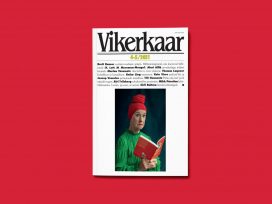
In its spring issue, ’Vikerkaar’ reveres the body, both fleshy and virtual: feminist acts of resistance counter online body policing; alternative therapy takes on an element of witchcraft; and filth gets a new, positive airing.
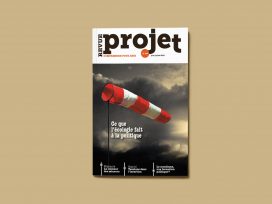
‘Revue Projet’ asks what ecology has done to politics. Including: interview with Amy Dahan on ineffectual global governance around climate change; primer on climate activists and civil disobedience; and insider comment on what’s ailing the French government’s policy on climate.
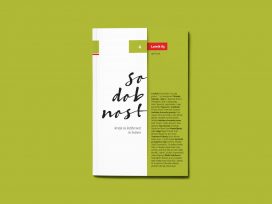
‘Sodobnost’ queries where we are going: which direction has Slovenian literature taken since the pandemic; where might it be heading; and, which path are Slovenians taking, especially those living abroad.
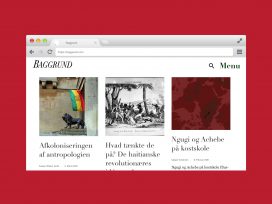
Danish online journal ‘Baggrund’ focuses on decolonization and post-colonialism, covering: African writers superseding the colonial education system; early rebellion in Haiti; and the empowering anthropology of everyday lives.
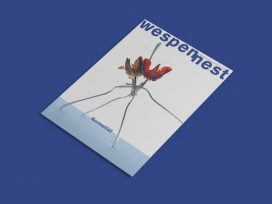
‘Wespennest’ contemplates normality in its various guises: how can abnormal behaviour have become acceptable; what lies behind the ‘new normal’ and flattening coronavirus-induced curves; and whether the aspiration of a newly equitable norm is just wishful thinking.
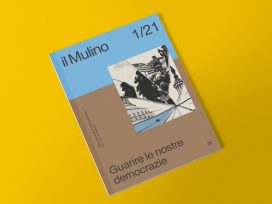
In this anniversary edition of ‘il Mulino’, the journal and its content receive a makeover, with crises in democracy taking centre stage. Including the search for: honest liberal politics; sanity in party politics; and a post-austerity, green and mutual European Union.
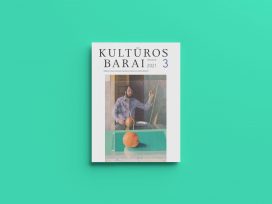
‘Kultūros barai’ offers a Lithuanian perspective on Russian power play, historic and current; and a Jewish history behind Soviet jazz. Plus: philosopher Algis Mickūnas on upholding democratic principles through everyday politics.
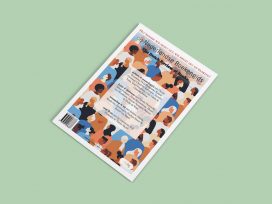
‘The Dutch Review of Books’ presents: the commons, vying for legitimacy between state and capitalism; the void of societal responsibility for #MeToo; and African oral traditions evident in rap music.
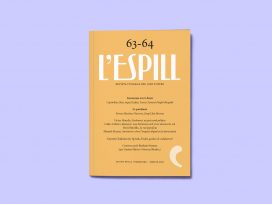
Catalonian journal ‘L’Espill’ on feminism discusses: reducing the care deficit of men; women upholding health and environment; and recognition for war-time rape victims in peace times. Also: the dangers of flouting COVID-19 science.
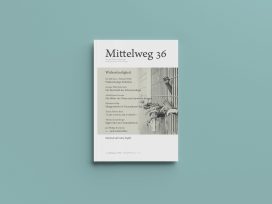
In ‘Mittelweg 36’: how photographs of lynchings were used against the perpetrators; the history of hunger strikes at Guantánamo Bay; and the resistance of an engineer scapegoated by the GDR regime.

‘Positionen’ remembers the life and work of Romanian avant-garde composer Octavian Nemescu. Also, a focus on the art of the musical: TV casting shows as mass-market theatre; and musical theatre as space for inter-cultural dialogue.
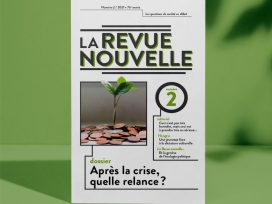
‘La Revue nouvelle’ explains why the ‘Next Generation EU’ COVID recovery fund does not break with the logic of austerity; how the Belgian ‘Plan for Recovery and Resilience’ fails to unite; and what needs to be done to put culture at the centre of the recovery.
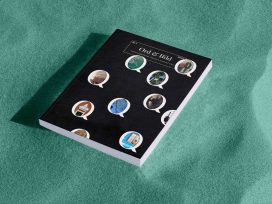
‘Ord&Bild’ opens its pages to the Gothenburg-based writers collective Qalam, headed by Johannes Anyuru. Poetry, prose and discussion reflecting on what it means to write – and to write in Swedish.
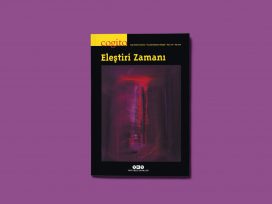
Cogito’s 100th issue focuses on the history of critical theory. Including Adorno in Turkey; Foucault and Habermas on despotism; COVID-19 and ‘temporal fracture’; and nineteenth-century attitudes to empire.

‘Springerin’ considers reparations, colonial violence and race relations in Europe and the US. Also, on the ever-increasing presence and future implications of technology in our cultural, political and daily lives.